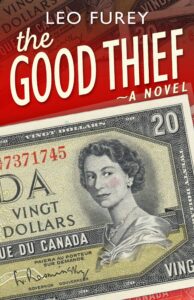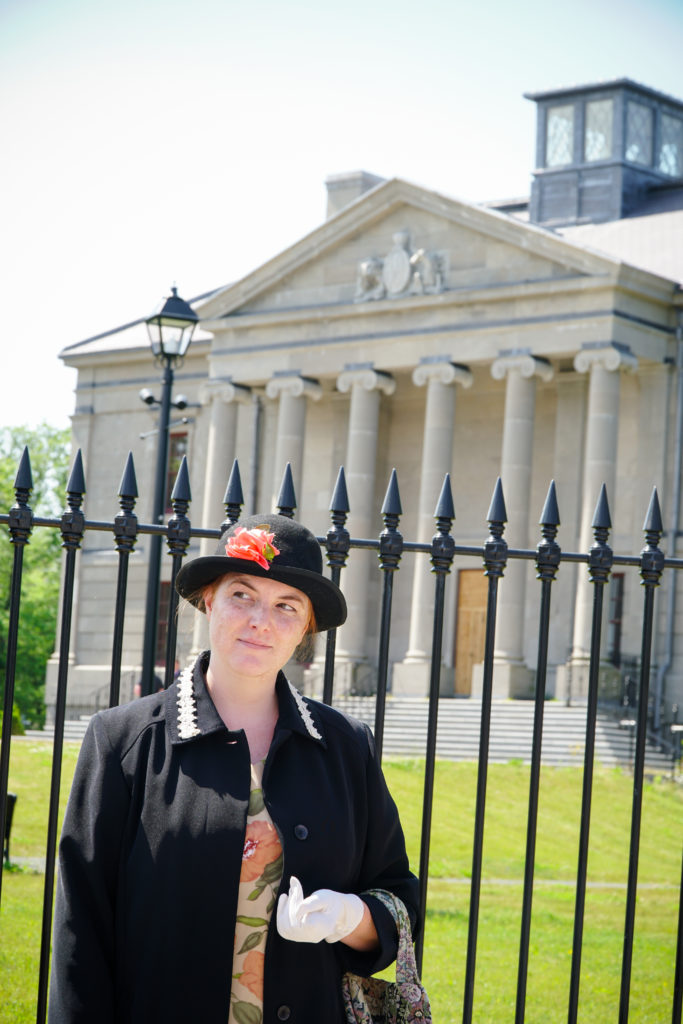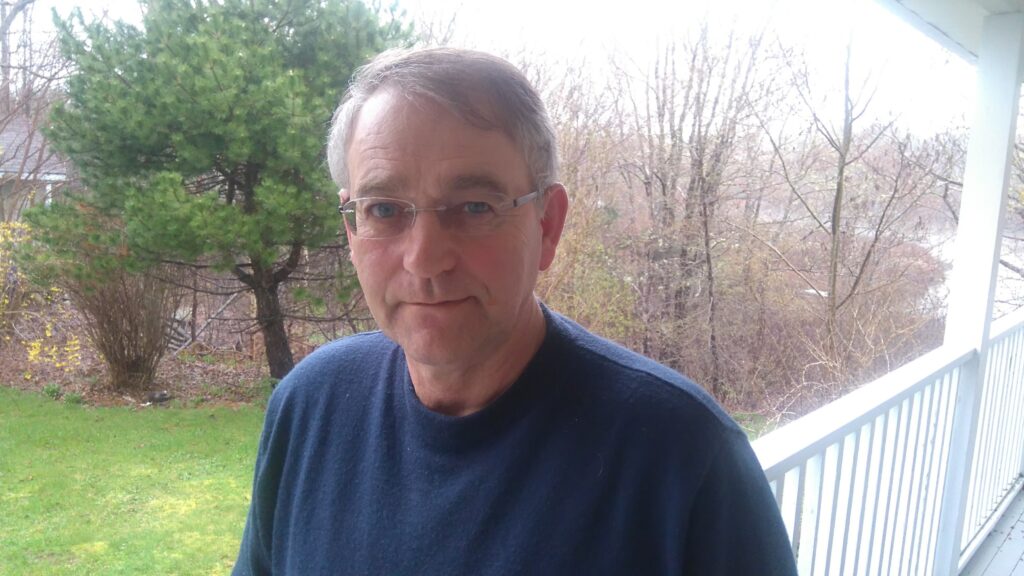Leo Furey: The US Secret Service isn’t too keen on people knowing the subject
May 2022
Why set The Good Thief in this time period?
I am fascinated by the 1960s. It was a decade of great social upheaval. People think of the 1960s as sex, drugs, and rock and roll, but it was also a time of changing values: the antiwar movement, Black Power, the women’s movement, the generation gap, etc. It was a confusing and unsettling time for many, and values were changing. And it was the beginning of live TV. We watched Walter Cronkite report the Vietnam Tet Offensive and starvation in Biafra on the evening news. Television, to quote Marshall McLuhan, made us aware of our “global village.”
The novel has a coming-of-age arc, as did The Long Run: a young protagonist, Sonny McCluskey, wrestling with a complicated situation. What attracts you to this type of story?
I was seventeen in 1967 when this novel is set. It’s a difficult time for a teenager. Again, a time of great upheaval and confusion. You’re trying to find out who you are. You’re exploring intimacy and loneliness. The narrator has been influenced by his father’s values and is struggling with that. He admires his father and wants to trust him, but he wants to go his own way too.
It’s also a crime caper: the reader discovers fairly quickly that Sonny’s father, Charlie, is a counterfeiter. Can you describe how you researched that?
There are many books on the subject and many articles online and off. It’s difficult to find exact details. The US Secret Service isn’t too keen on people knowing much about the subject. But you can find out the basic techniques fairly easily.

The book revolves around a father/son dynamic – even to the young man’s name. Why is this relationship important to you?
I’m not sure. I lost my father at a very young age; perhaps that’s why. When writing I believe strongly in trusting the subconscious, so maybe that has something to do with it.
As suggested by the title, the ideas of right and wrong play an influential role in the decisions the main characters make. They apply, or struggle to apply, morality to personal and political events around them. Sonny, for example, approaches dilemmas by listing Pros and Cons (or consulting Robinson Crusoe, among other books). This is a broader philosophical question, but – does that work? Do you think there are bedrock, absolute values?
Well, the ten commandments are still around. They’re pretty black and white. Most people agree that we shouldn’t go around killing our neighbours or stealing from each other. onny understands this, but his father believes that sometimes “fair is foul, and foul is fair.” He believes in situational ethics. Without getting on that proverbial pin where the angels dance, Charlie teaches his son that you must judge things within their context, not merely by categorical principles. Moreover, Charlie believes that people have lost their moral compass. They no longer know the difference between right and wrong. Early in the story Charlie tells Sonny that people no longer know what sin is: “They think greed is good, anything that feels good is good.” Charlie’s heroes are Robin Hood and John Dillinger, and he believes that it’s morally right to steal from the rich and give to the poor.
The Good Thief is published by Flanker Press ($21.00, 282 pages)



